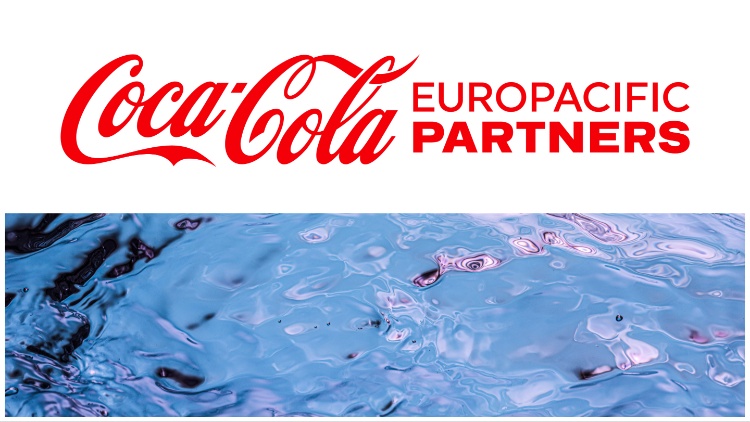Economists who proposed the diamond-water paradox proposed that water has less economic value than diamonds because it is more plentiful and easier to obtain. But today, global water security is under threat.
The urban population is facing water shortageTwo billion people, more than a quarter of the population, lack access to safe drinking water, and ensuring long-term access to water is now at the forefront. of the global agenda.1
Where does business fit into all of this?
We need to place greater value on water and its wide-ranging role in supporting society, biodiversity and the health of the planet. Water is at the heart of our business and critical to our manufacturing processes. That's why Coca-Cola Europe Pacific Partners (CCEP) is prioritizing water security, in line with The Coca-Cola Company's 2030 Global Water Strategy.2
An ambitious water strategy can set your company up for future success against the challenges ahead. Milestones such as World Water Day are timely reminders of the urgent action needed to protect the world's water supplies and of the business community's critical role in this.
The global water crisis – a significant source of business risk
Water is central to all stages of the value chain, including agriculture, shipping and transportation, production and manufacturing. Disruptions to any of these are a significant source of risk, and that risk has associated economic costs. WWF found that the water crisis threatens $58 trillion in economic value, food security and sustainability. By implementing proactive water management strategies, businesses can protect against future climate change impacts and ensure long-term water security.
Under CCEP, each plant sets individual water efficiency goals and identifies opportunities to reduce water used in beverage production. This target takes into account certain local baseline water risks, such as water scarcity, supply and water quality risks, how much water to use, and whether there are shared water challenges within the wider basin. Masu.
We can't tackle climate change without tackling water
climate changeand water are deeply related. Companies serious about reducing their impact on the planet cannot do this through climate change mitigation alone. CCEP has set science-based targets to achieve net zero across the value chain by 2040 and reduce emissions by 30% by 2030.
Water is the medium through which we feel the effects of climate change the most and is fundamental to other systems on Earth, including biodiversity. Managing and using water sustainably can protect ecosystems and support the climate resilience of watersheds and communities.
We have an excellent track record in water management, reflecting our commitment to efficient water use and replenishment. We aim to replenish 100% of the total amount of water used in finished beverages by 2030. This means returning water to its original source and making it available to nature and communities. We do this in partnership with local NGOs and community groups in our key operating and sourcing regions.
The need for corporate leadership
Business action is key in the fight against water scarcity, and governments will apply pressure to act at the right time. Positive momentum is being created as awareness of the importance of water increases and the need for solutions becomes increasingly important. For example, last year we joined 50 companies that took part in the Call to Accelerate Action on Water. This is a shared vision to collectively achieve positive water impacts in 100 water-stressed basins around the world by 2030.
Initiatives such as new science-based targets for nature can help companies understand their water use across values. We now need businesses at the waterfront and center to protect this shared resource for all. This isn't a nice-to-have, but it's essential for business.
The diamond-water paradox is a poignant reminder to treat natural resources with the same respect we treat precious materials.
Learn more about CCEP's water management activities and other activities in the food and beverage industry. This special in-depth article shows three ways you can improve water use in your factory.

